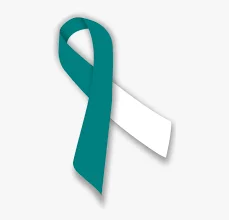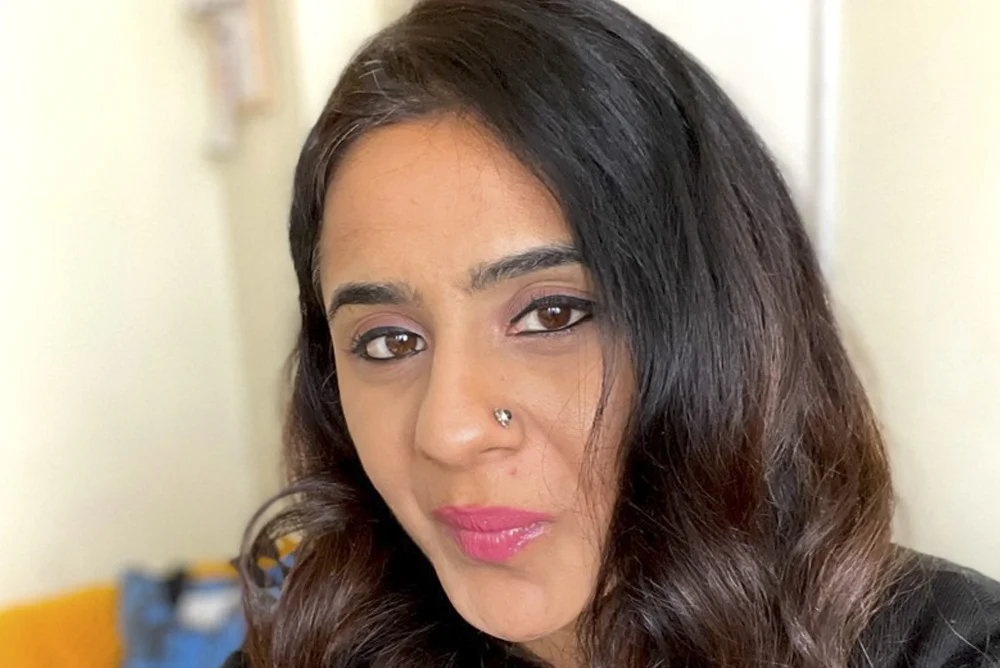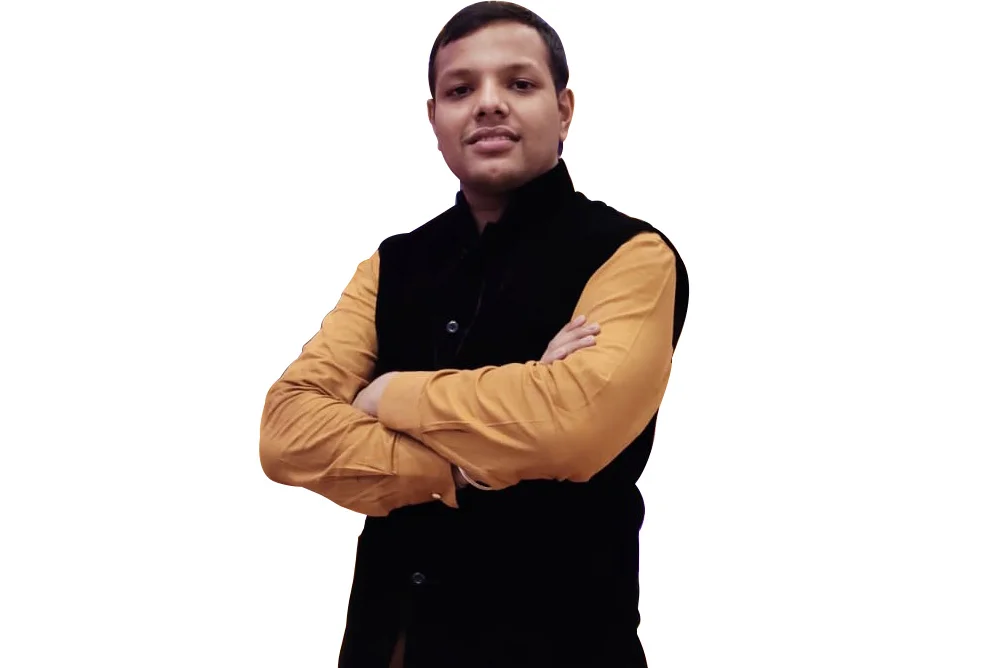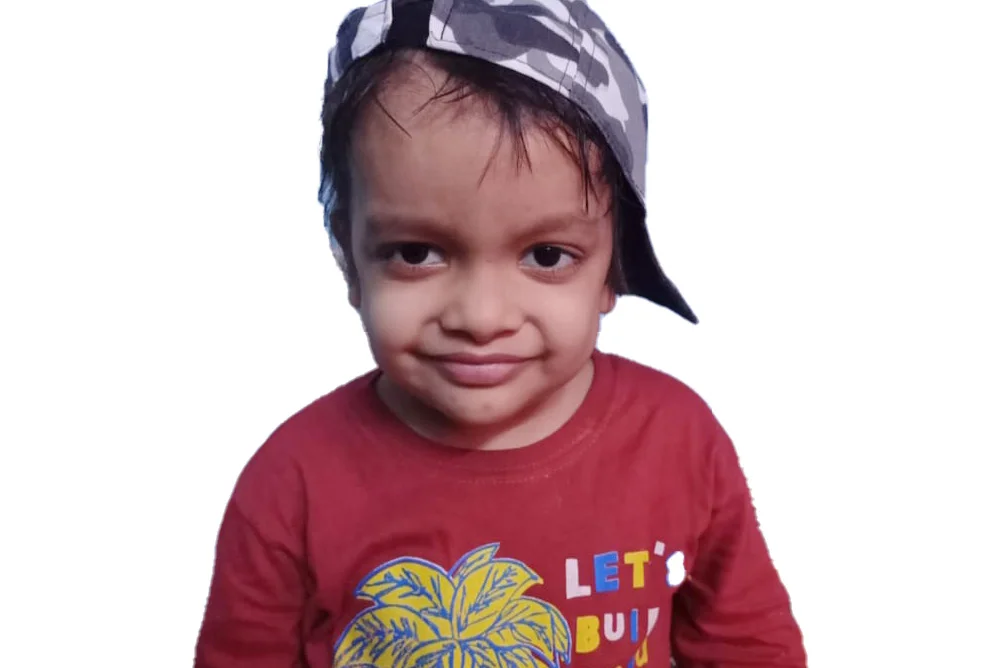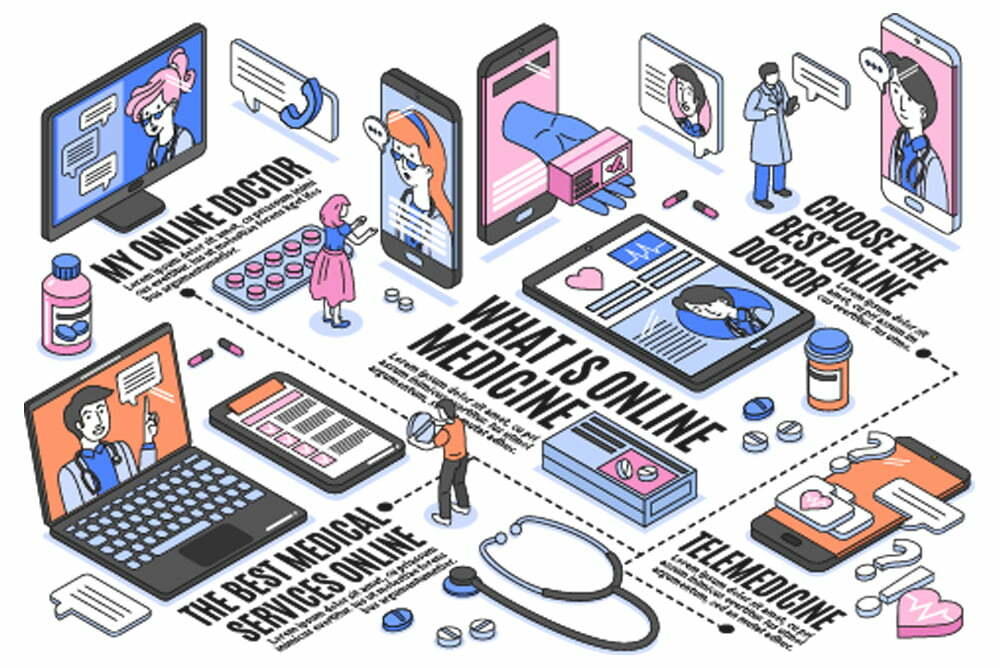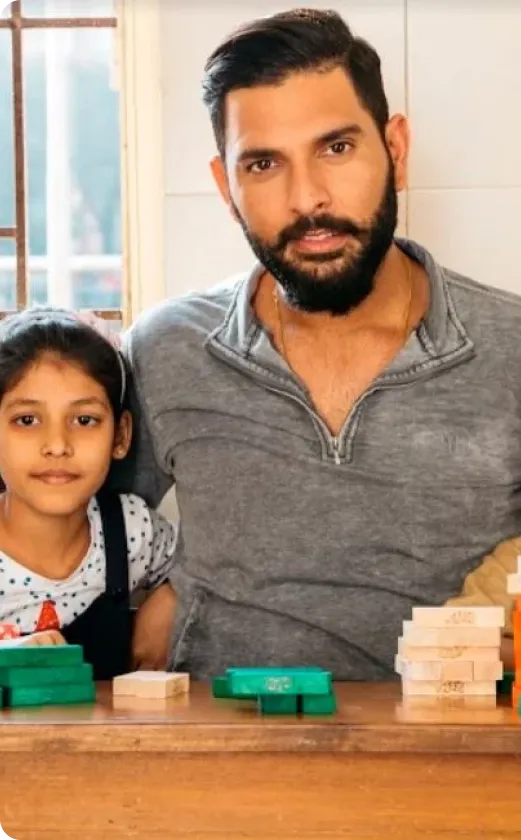
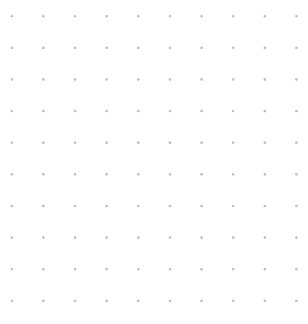
The Growing Burden of Breast Cancer in India: A Call to Action
POSTED ON 24 June, 2024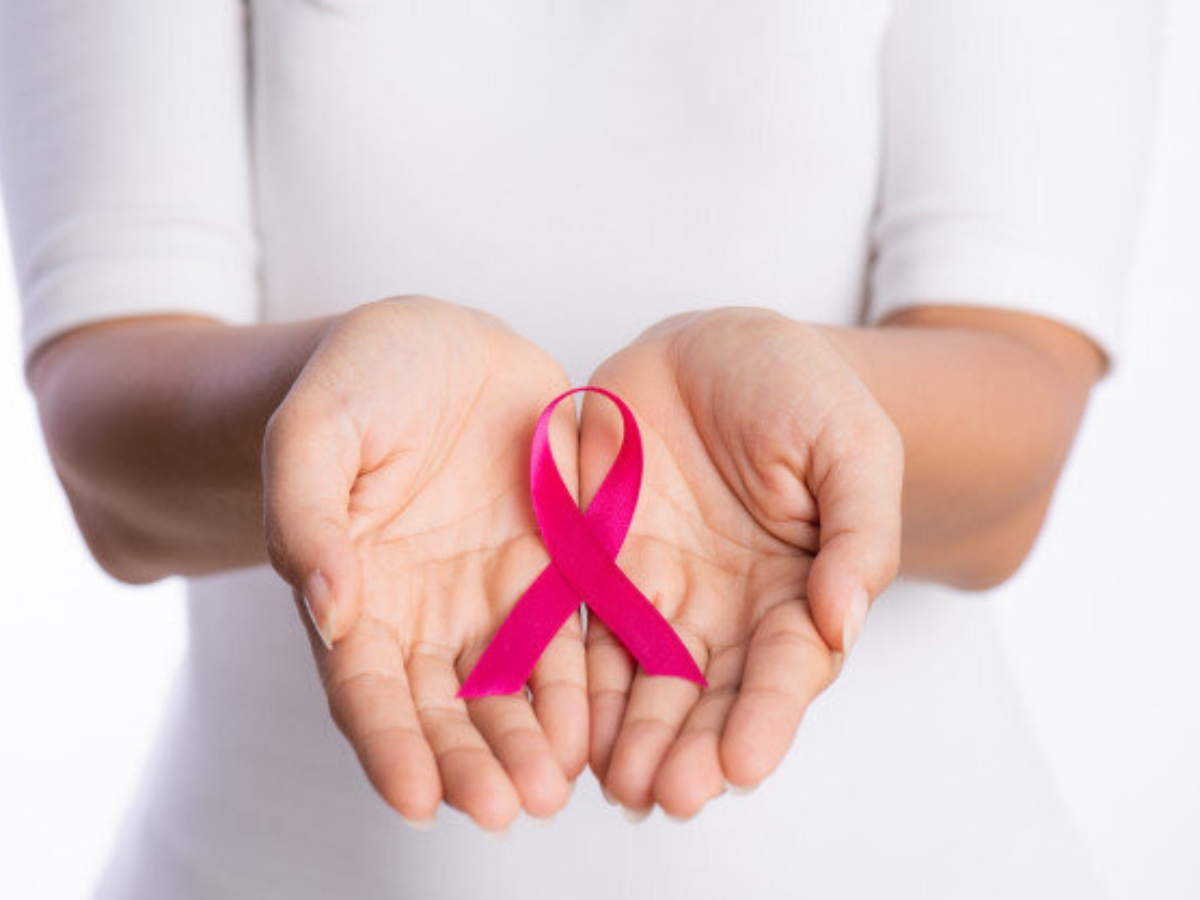
Breast cancer has emerged as a significant health concern in India, with a disturbing increase in incidence rates over the years. Currently, it is the most common malignancy among women globally, and in India, it has surpassed cervical, ovarian, and uterine cancers. Alarming statistics reveal that one in every 28 Indian women is likely to develop breast cancer during her lifetime, with urban areas experiencing a higher burden compared to rural regions.
Women in their early 30s to 50s are particularly vulnerable, and the risk escalates further as they age, peaking between 50 and 64 years. The Global Cancer Observatory predicts that by 2030, breast cancer cases worldwide might surpass 2 million, highlighting the urgent need for preventive measures and early detection strategies.
In India, breast cancer accounts for a substantial proportion of cancer cases and deaths, with a cumulative risk of 2.81%. Disturbingly, younger age groups are increasingly being affected, a trend less common in Western countries. The survival rates in India vary significantly based on the stage at diagnosis. Early-stage patients have promising five-year survival rates, but those diagnosed at advanced stages face much grimmer prospects.
Metropolitan cities like Mumbai, Delhi, and Bangalore report a disproportionately high incidence of breast cancer among female cancers, underscoring the urgent need for targeted awareness and intervention programs. Unfortunately, survival rates in India lag behind Western standards due to earlier age at onset, late-stage presentation, and delays in seeking care. More than half of the women experience a delay of over 90 days in seeking medical attention, leading to poor outcomes.
Shockingly, nearly 50% of all breast cancer cases in India occur in women aged 25-50, emphasizing the necessity for proactive screening and preventive measures. Over 70% of these cases present at an advanced stage, resulting in poor survival and high mortality rates.
Breast cancer remains the most common cancer among Indian females, with an age-adjusted rate of 25.8 per 100,000 women and a mortality rate of 12.7 per 100,000 women. Most patients seek medical help only when a large palpable mass or secondary changes become evident, highlighting the need for improved awareness and early symptom recognition.
Genetic factors, lifestyle choices, obesity, and other risk factors contribute to the rising incidence of breast cancer. Urban women, in particular, tend to consume a Western diet and lead sedentary lifestyles, increasing their risk. Preventive measures, such as early detection through self-breast examinations, mammography, and ultrasonography, are crucial. Lifestyle modifications, including maintaining a healthy weight and avoiding unhealthy habits, can also reduce the risk of breast cancer.
In conclusion, addressing the socio-economic and cultural barriers to screening can lead to early detection, thereby reducing mortality rates and improving the quality of life for women across India. By prioritizing breast cancer awareness and screening, we can make significant strides towards combating this growing epidemic.
